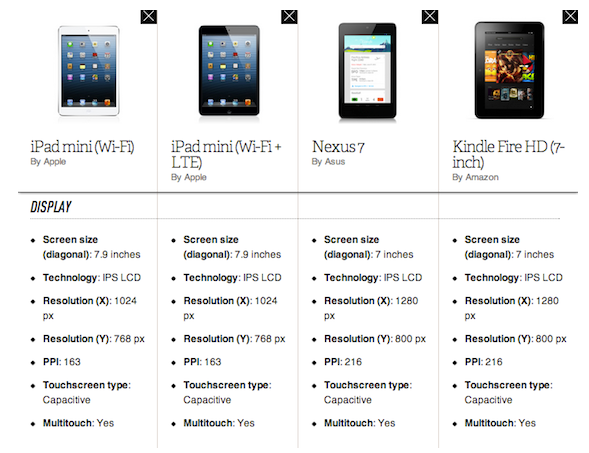Mobile technology exists almost anywhere we go today. Whether we carry it with us or whether we just interact with it at work or school, mobile technology is a big part of our daily lives. But what happens when mobile technology takes complete control and affects the quality of our work?
The healthcare sector is one area where mobile technology is making a major impact. While hospital, physicians, and nurses have adopted mobile technology to help reduce errors, mobile technology seems to be doing just the opposite in this field.
More doctors and nurses are relying on mobile technology for day to day tasks. The technology is meant to help prevent common types of errors. However, some doctors have reported that there is a lack of control on these mobile devices. Doctors and nurses are using mobile phones and iPads to browse the internet at their own convenience. Anything from checking personal email, browsing Facebook, and shopping online goes. What is even scarier is that this is occurring during important surgeries and when attention should be on the patients – and not mobile technology.
Already, medical errors due to mobile technology have occurred. A neurosurgeon was making personal calls during a surgery. This resulted in the patient being paralyzed. In another report, 55% of technicians who monitor bypass machines during heart surgeries said they talked on their phones and half said they texted.
Some doctors are outraged by the abuse of mobile devices in the medical world. While some are trying to implement some kind of control, it seems to be a hard effort. Most medical schools now encourage students to use iPads while in schools. Some schools like the Stanford Medical School are even giving students free iPads. Once they begin their professional careers, it becomes hard to decrease dependence on such devices.
Personally, I think that this is a very scary situation. I understand that technology is just about everywhere, but to have doctors and technicians use mobile devices while a surgery is being performed – seems very frightening to me. There needs to be a stricter control system in place that monitors what devices can be brought into an operating room. Doctors should not be making personal phone calls while operating on someone and technicians should not be texting while monitoring operating machines.
With the types of quality control standards that we discussed in class (ISO 9000, Six Sigma, and the Baldrige performance) I think that hospitals should look at Baldrige criteria. One of the criteria in Baldrige performance is workforce focus. Workforce focus deals with the workforce environment and building an effective workforce environment. It also looks at how you can engage your workforce to achieve organizational and personal success. Mobile technology could be monitored by Baldrige criteria. By looking at these types of issues, hospitals could improve how technology in the work environment affects quality and success outcomes.
What do you think? What kind of measures could be implemented so that mobile technology is controlled better in hospitals?
